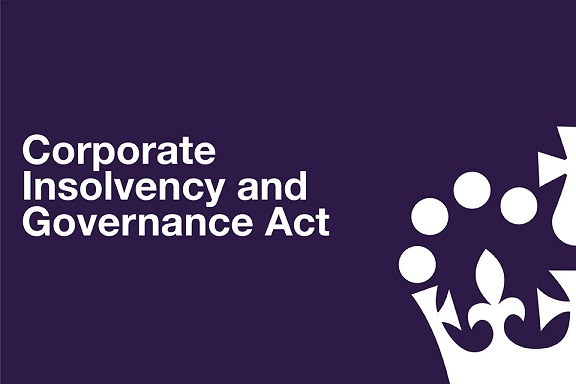Winding Up Petitions
How to obtain winding-up orders and petitions in 2022
Following the lifting of the Government’s CIGA 2020 restrictions last month, creditors are once again free to present winding-up petitions to insolvent companies that owe £750 or more. Subsequently, we thought you’d like some tips and advice on how best to utilise winding-up orders and petitions in 2022. You should move swiftly against any company…
Read MoreInsolvency and debt recovery specialists
Last month, the Government lifted the insolvency restrictions introduced to combat the Covid-19 pandemic. In particular, the repeal of Section 10 of the Corporate Insolvency and Governance Act 2020 (CIGA) should please creditors. Creditors were still able to obtain winding-up orders. However, Section 10 of the act compelled them to: Only pursue debts of £10,000…
Read MoreEnd of temporary insolvency measures
Last week, the Government withdrew the temporary insolvency measures introduced two years earlier to support businesses during the Covid-19 pandemic. Creditors could obtain winding-up petitions under the temporary legislation (enacted as part of the Corporate Insolvency and Governance Act 2020). However, the debt threshold for winding-up petitions increased to £10,000 and creditors were compelled to:…
Read MoreLaws for winding up orders need more clarity
Entrepreneurial small business owners should be overjoyed with Government plans to increase the debt threshold for winding-up petitions to £10,000. The move is in harmony with new protections and laws designed to support businesses. Temporary measures introduced last year under CIGA 2020 will be replaced from 1 October to 31 March 2022. Subsequently, more debtor-friendly…
Read MoreCreditors vulnerable without winding-up petitions
The UK Government’s decision to extend the temporary restrictions on statutory demands and winding-up petitions for Covid-19 related debts until 31 December 2020 offers some reprieve for hundreds of thousands SMEs. However, statutory demands and winding-up petitions are essential to debt enforcement and insolvency proceedings. Consequently, it’s difficult to fathom how prohibiting creditors from engaging…
Read MoreWhy statutory demands and petitions are essential
It can be argued that by restricting the filing of statutory demands and winding up petitions for Covid-19-realted debts, the Government has targeted all industry sectors with a blunt instrument. Covid-19 did not adversely affect every business in Britain. Indeed, many continued to operate throughout the lockdown period, and some of them thrived. We need…
Read More




